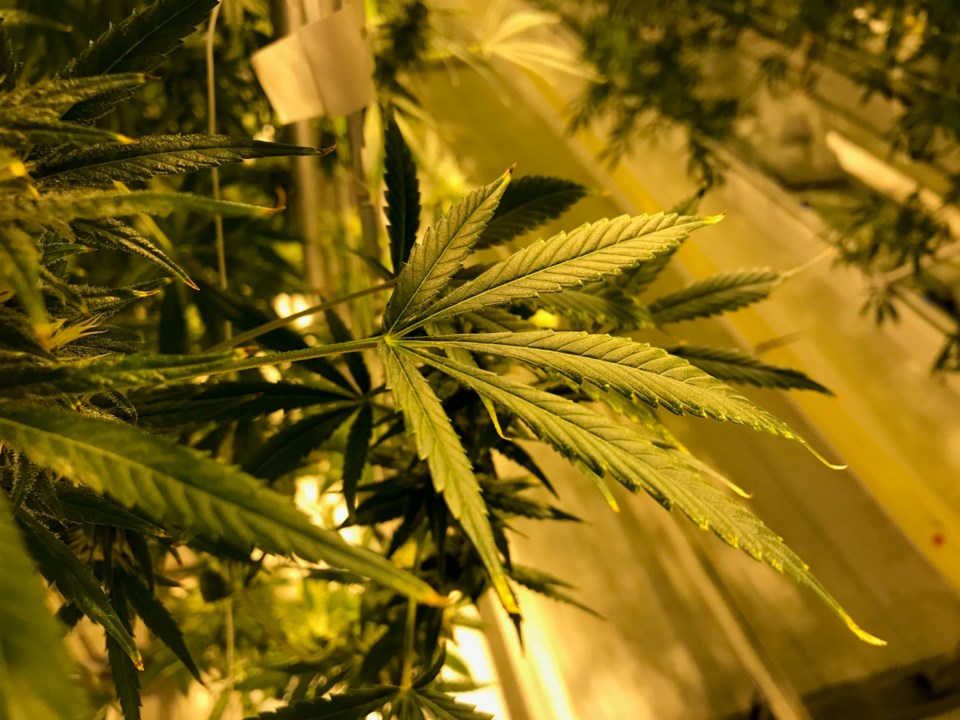B.C.’s Human Rights Tribunal has dismissed a complaint from a woman who said she was constructively dismissed from her job after being in a cannabis farm gave her a "contact high" and symptoms stemming from a disability.
Patricia Gendron worked for Koppert Canada Ltd. as a technical consultant. The bulk of her work involved driving to agricultural facilities throughout the Lower Mainland.
In July 2019, she reported that she was feeling a contact high after spending time in a cannabis facility, and did not want to drive in that condition.
The company responded that, due to that disclosure and some confusing information from Gendron’s doctor, it was temporarily removing Gendron’s driving duties and her company car, according to the Oct. 27 decision from tribunal member Devyn Cousineau.
“It offered her temporary work in the office and warehouse, pending a medical evaluation,” Cousineau said. “From Ms. Gendron’s perspective, this was a punitive response and unworkable. She took the position that she had been constructively dismissed and resigned from her employment.”
Gendron alleged Koppert’s decision to revoke her car use and most job duties was discrimination based on a disability.
She said she felt differently after being in a client’s cannabis crop for three-plus hours.
The company had requested medical information but supervisor Kevin Cullum told Cousineau Gendron’s doctor’s response was confusing, contradictory and wholly inadequate.
The company proposed several options Gendron did not like. She proposed a medical leave Aug. 9, 2009 and six days later was put on an unpaid administrative leave.
Soon, the company offered here a proposal of modified work at 25 hours a week while maintaining her hourly rate. She rejected that.
“She proposed instead that she be permitted to return to the work portfolio she had before she had the cannabis clients, which she said were exclusively vegetable and ornamental growers,” Cousineau said.
Cullum said the company wasn’t prepared to modify her work “in the absence of clear and cogent medical information to support this modification.”
Cousineau’s decision said the company made several more attempts ending with a request for an independent medical examination
The tribunal member said the B.C. Human Rights Code only governs situations where a person faces discrimination because of a protected characteristic.
Gendron declined those offers and filed the complaint Aug. 13, 2020.
“Here, Ms. Gendron seeks the protection of the code based on a disability,” Cousineau said. “However, based on the evidence before me in this application, Ms. Gendron has no reasonable prospect of proving that any symptoms she was feeling from exposure to cannabis stemmed from a disability.
“In this situation, her complaint has no reasonable prospect of success and is dismissed,” the tribunal ruled.



